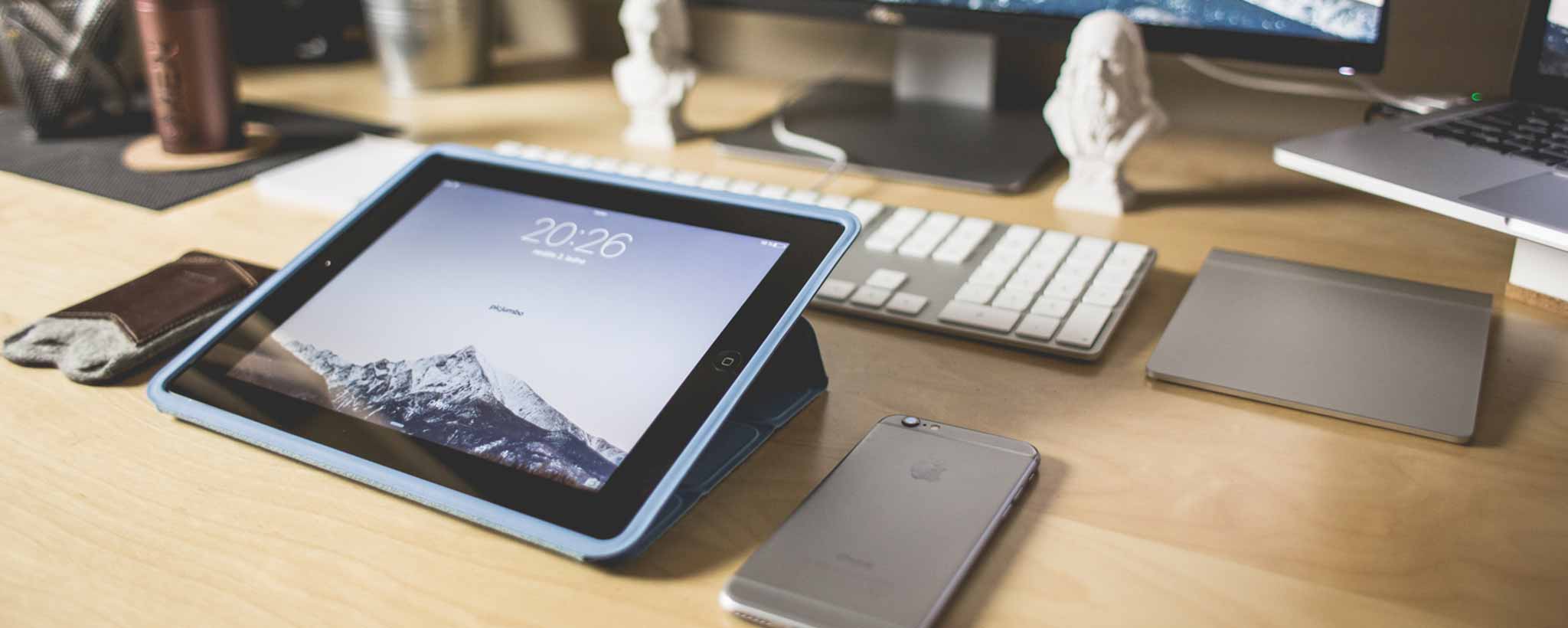This Recession is Depressing
As a result of the coronavirus pandemic, the U.S. unemployment rate is the highest since the global Great Depression of the 1930s. That was the longest, deepest, and most widespread economic collapse of the 20th century. Economists study it, not to be lugubrious; rather, there is an effort to improve outcomes in similar circumstances.
A depression is a sustained, long-term downturn in economic activity in one or more economies (2+ years) with unemployment rate greater than 25%. It is a more severe economic downturn than a recession, which is a slowdown in economic activity over the course of a normal business cycle (6+ months).
CNN reports that normally, economists define a recession as consecutive quarters of negative growth. The United States already endured one quarter of a shrinking economy, with GDP dropping by 5% during the first quarter. The National Bureau of Economic Research (NBER) decided not to wait for a second quarter of a contracting economy—already declaring a recession.
Both brick-and-mortar and online stores see sharp declines in consumer spending. During this difficult time, the goal is to be serving the “soup,” not the one waiting in line for it. Department stores like Sears, Gap and others are struggling to weather the storm.
Even before the pandemic, Green Street Advisors, a real estate research firm, expected about half of mall-based department stores to close in the next five years. Pier 1 Imports, Neiman Marcus, True Religion, 24-Hour Fitness and others have already filed for chapter 11 bankruptcy protection. Medical offices are starting GoFundMe pages to cover payroll and patient medical bills.
What Your Customers Need
With less disposable income, families focus on essentials. New cars, expensive jewelry, and consumer electronics are luxuries that are off the radar of the average Joe. Advertisers recognize the insensitivity and ineffectiveness of blasting commercials for store-wide sales while people shelter in place without income.
People still want to look nice and enjoy modern conveniences. They may even desire to treat themselves to a guilty pleasure like a decadent dessert. Currently, the budget for these “extravagances” is far less for most people.
Essentials like home repair and plumbing are thriving. As a business owner, fill the vacuum of what people need, not necessarily what they want. Traditional marketing tries to trick people into thinking they need what they want. These games are less effective on the unemployed.
The obvious necessities are food, clothing, and shelter. The caveat is that many people are short of cash. Unfortunately, raising the prices to cover your additional expenses is counterproductive in a weakened economy. To the extent possible, business owners must be somewhat philanthropic. How so?
- Share helpful insights through customers email list.
- Generate some cash by dropping price of non-essentials near wholesale.
- Feature buy-one-widget-X, get-one widget-Y free or at a discount.
- Focus on the products customers value and buy most.
- Reduce or eliminate contactless delivery fees.
- Make your website more user-friendly with easy checkout.
- Deferring payment is attractive but carries a risk.
Survive Through Innovation and Adaptation

If your business only provides nonessential products, can you pivot? Use the intellectual resources of your workforce to conceive new products. Can your retool manufacturing to deliver something in demand? Are there new ways to repackage skills or inventory?
Some manufacturers retooled production lines to develop personal protective equipment for hospitals. Restaurants have become general stores. A distillery began using its alcohol to manufacture hand sanitizer. People are investing in virtual conferencing solutions. Can your company develop accessory products to these? Instead of sewing expensive garments, can you engineer a portable self-lit green screen for virtual backgrounds? (Send me royalties on that one.)
“Ask yourself what you can do to create new revenue streams with very little new investment. There is no time right now to develop a six-month business plan and go out and raise capital,” says Sherman, author of the book, Harvesting Intangible Assets: Uncover Hidden Revenue in Your Company’s Intellectual Property.
This is a recession with great potential for a depression. The worst public health crisis in 100 years is ongoing, without a widely available vaccination. It does not get much worse for retail business. Even if all stores reopen tomorrow, few customers are likely to fill capacity.
Don’t let the lack of long lines surprise you upon reopening. Many past customers may no longer be working and are therefore unable to buy your wares. Waiting for a depression is not a viable action plan. Take the time to reinvent yourself.
To support the writing of useful articles about this topic, ClinicalPosters sells human anatomy charts, scientific posters, and other products online. You may sponsor specific articles, become a ClinicalNovellas Member, or remit a small donation.
ClinicalPosters sells human anatomy charts, scientific posters, and other products online to offset expense of the writing useful articles about this topic. Slide extra posters into DeuPair Frames without removing from the wall.
Show your support by donating, shopping for ClinicalPins, becoming a ClinicalNovellas Member, or leaving an encouraging comment to keep the research going.
To support the writing of useful articles about this topic, ClinicalPosters sells human anatomy charts, scientific posters, and other products online. You may sponsor specific articles or remit a small donation.
ClinicalPosters sells human anatomy charts, scientific posters, and other products online to offset expense of the writing useful articles about this topic. Slide extra posters into DeuPair Frames without removing from the wall.
ClinicalPosters sells human anatomy charts, scientific posters, and other products online. You may remit a small donation or become a ClinicalNovellas Member.
You can support the writing of useful articles about this topic by sponsoring specific articles, becoming a ClinicalNovellas Member, or remitting a small donation. Visible content is optimized for device size.
References
- U.S. Unemployment Is At Its Highest Rate Since The Great Depression At 14.7%—With 20.5 Million More Jobs Lost In April. forbes.com/sites/jackkelly/2020/05/08/us-unemployment-is-at-its-highest-rate-since-the-great-depression-at-147-with-205-million-more-jobs-lost-in-april/ Retrieved 6 Jun 2020
- Great Depression. en.wikipedia.org/wiki/Great_Depression Retrieved 6 Jun 2020
- Recession Versus Depression and How to Tell the Difference. thebalance.com/recession-vs-depression-definition-causes-and-stats-3306048 Retrieved 6 Jun 2020
- It's official: The recession began in February. cnn.com/2020/06/08/economy/recession-economy-coronavirus-nber/index.html Retrieved 6 Jun 2020
- Gap Inc. says some stores will never reopen. retaildive.com/news/gap-inc-says-some-stores-will-never-reopen/576632/ Retrieved 6 Jun 2020
- The Death of the Department Store: ‘Very Few Are Likely to Survive’. nytimes.com/2020/04/21/business/coronavirus-department-stores-neiman-marcus.html Retrieved 6 Jun 2020
- List Of Retail Companies On Bankruptcy Watch Is Growing Fast Amid Coronavirus Crisis. forbes.com/sites/pamdanziger/2020/04/03/retail-companies-on-death-watch-is-growing-fast-as-covid-19-puts-non-essential-retailers-on-life-support/ Retrieved 6 Jun 2020
- These 12 retailers and restaurant chains have filed for bankruptcy or liquidation in 2020. businessinsider.com/retailers-filed-bankruptcy-liquidation-closing-stores-2020-2 Retrieved 6 Jun 2020
- To Stay Afloat in the Pandemic, Doctors' Offices Turn to GoFundMe. medscape.com/viewarticle/930266 Retrieved 6 Jun 2020
- US factories retool from hoodies to face masks to fight coronavirus. ft.com/content/92f749dc-6d55-11ea-9bca-bf503995cd6f Retrieved 6 Jun 2020
- Small businesses reinvent themselves to make products needed for the coronavirus crisis. cnbc.com/2020/04/02/small-businesses-retool-to-make-products-needed-for-coronavirus-crisis.html Retrieved 6 Jun 2020







